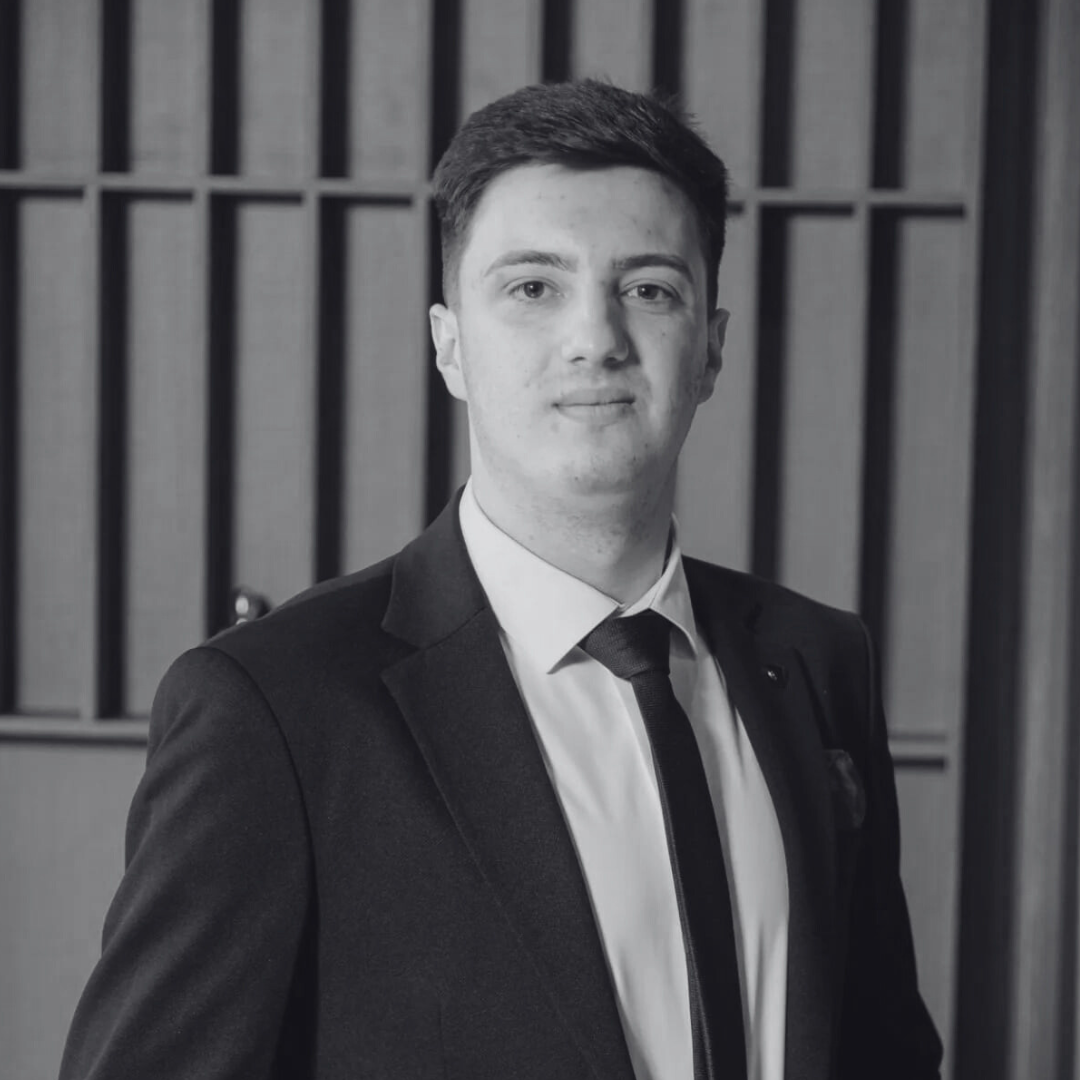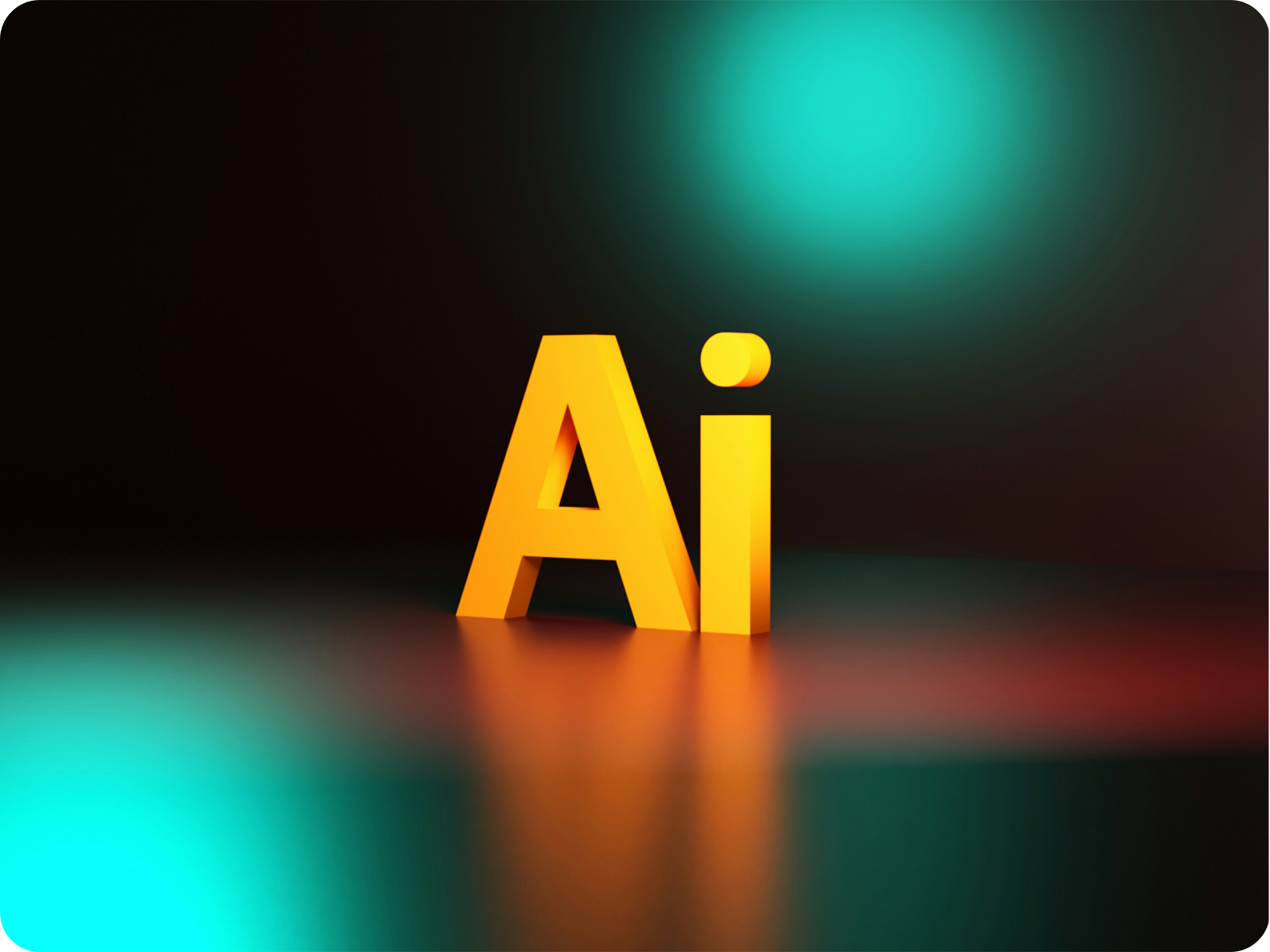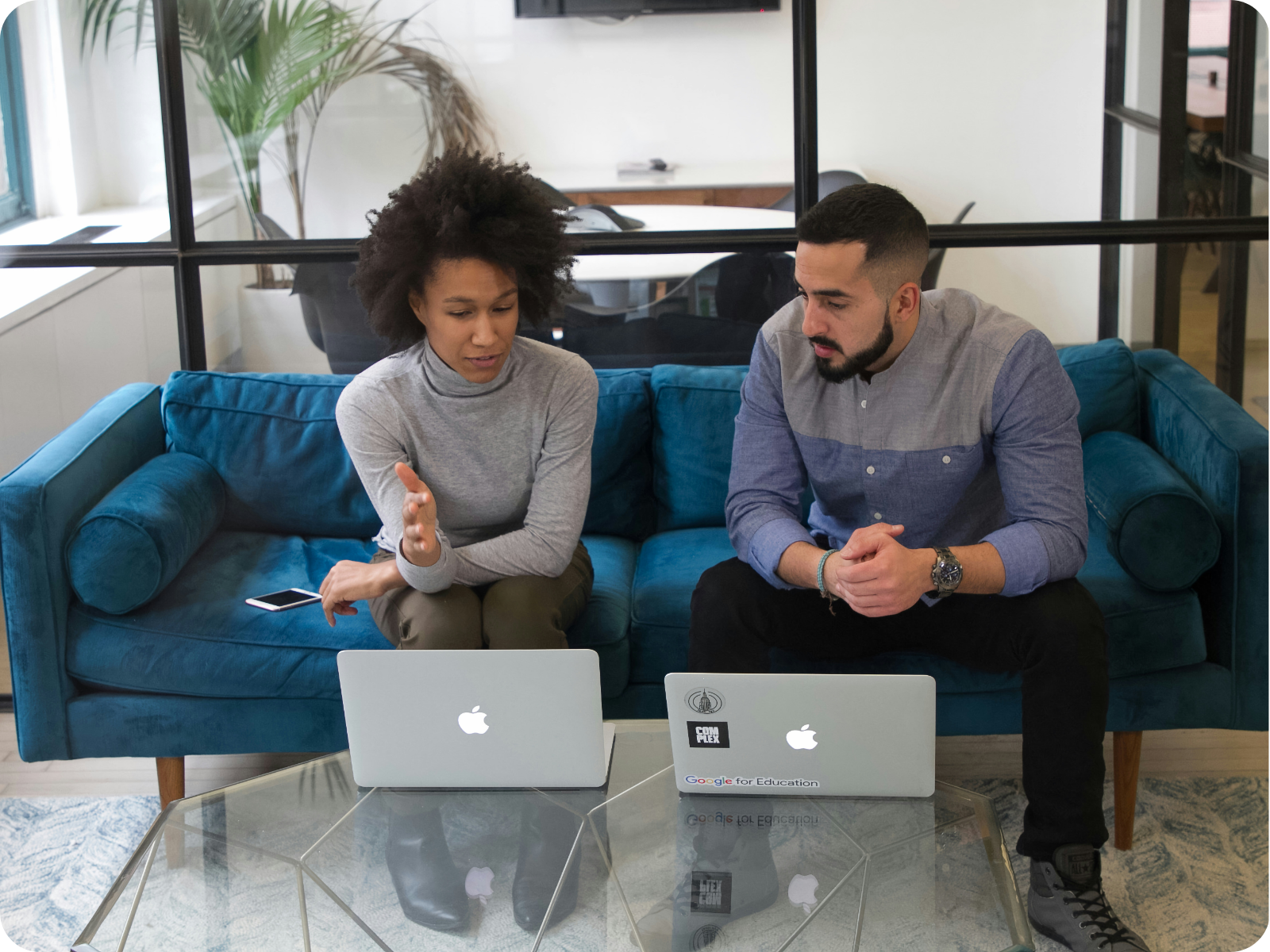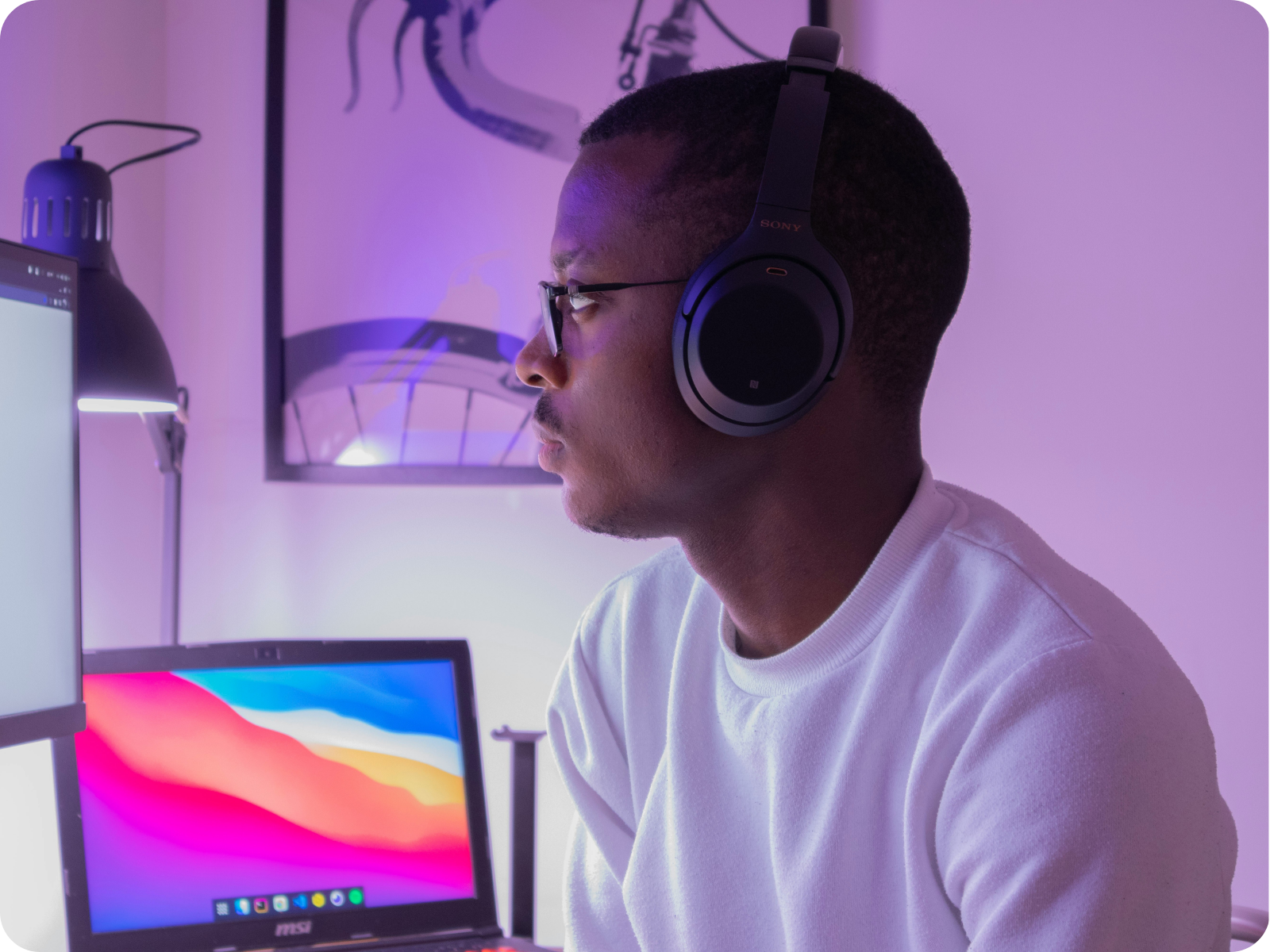Since joining TechQuarter, Mihai has grown rapidly, combining strong technical skills with creative problem-solving. Focused on frontend development, he’s passionate about creating meaningful user experiences.
Colleagues describe Mihai as reliable and always on point—someone you can count on to deliver. He keeps close contact with clients to ensure they’re always satisfied and is the trusted buddy for onboarding new teammates, a role he excels in.
Outside of work, Mihai stays sharp with AI tools, explores best practices, and enjoys reading about engineering or unwinding with a drive.
Get to know Mihai in this month’s Colleague Spotlight.
Bianca Cornaciu [BC]: What do you find most exciting about software development and what led you to choose this career path?
Mihai Popa [MP]: I had my first encounter with programming in high school. I enjoyed finding solutions to the problems we were given then, but it felt a bit lifeless and shapeless. Many years later I found myself developing frontend which gave that problem solving component a more practical component. It was closer to creating an experience for a user in a real life scenario rather than generating an abstract output.
[BC]: What has been the most challenging project you’ve worked on so far in TechQuarter, and what made it rewarding?
[MP]: Since joining TechQuarter, I’ve been continuously involved in a single major project. It’s been both the most challenging and the most rewarding experience so far.
What made it challenging was the depth and complexity of the project—it wasn’t just about writing code but about learning how to manage priorities, handle deadlines and communicate effectively with both colleagues and stakeholders. I had to step a bit outside the pure technical zone and take on more responsibility in terms of planning, coordination and understanding the broader business goals behind our work.
The reward came from that growth. It taught me not only how to be a better developer but also how to be a more reliable and adaptable team member. Seeing the project evolve and knowing I played a consistent role in that progress has been incredibly fulfilling.
[BC]: What would a day in your life as a software developer look like?
[MP]: A day in my life as a software developer always kicks off with a strong coffee, non-negotiable! Once I’m powered up, I quickly check my emails to make sure nothing urgent slipped in overnight. Then I dive into the logs and technical dashboards for our app, APIs, and database—just making sure everything’s behaving and no bugs snuck up in the meantime.
After that, it’s time for our daily meeting, where I sync up with the team, share progress, discuss blockers, and get aligned on the day’s priorities. Then it’s go-time: either diving into bug fixes or implementing new features, depending on what’s on the board.
It’s a mix of routine and unpredictability, which keeps things interesting. Some days are calm and smooth, others feel like you’re putting out fires left and right—but that’s part of the fun.
[BC]: In the ever-evolving field of technology, how do you keep your skills sharp and stay up-to-date with industry trends?
[MP]: I stay sharp by following newsletters from companies like Microsoft and regularly diving into documentation—it’s basically second nature by now. I also use AI to explore new tools, best practices, and quick tips. It’s a fast-moving field, and I enjoy keeping up.
[BC]: Looking towards the future, which emerging web technologies or trends are you most excited about and potentially looking to work with?
What are your predictions in this area for the next 3-5 years?
[MP]: Lately, Rust has really caught my attention. Its performance and safety make it a strong candidate for web development, maybe even powering a future JavaScript runtime beyond V8. I wouldn’t be surprised if we see a new generation of engines or frameworks that blend low-level power with web flexibility in the next few years.
[BC]: What piece of advice would you give to someone aspiring to become a developer?
[MP]: If I were to start again, I’d first focus on understanding how to think logically and break problems down—learning how to “talk” to a computer. Syntax is the easy part; real progress comes when you grasp the logic behind the code.
But that’s only one side of being a developer. The other side is all about soft skills—clear communication, critical thinking, and collaborating effectively with others. It’s the combination of technical know-how and strong interpersonal skills that really helps you grow in this field.
[BC]: If you could rewrite any language or framework from scratch, what would you change?
[MP]: If I had to pick, I’d say Python. While I appreciate its simplicity, the lack of brackets and heavy reliance on indentation can be frustrating. One misplaced space or inconsistent tab, and suddenly the interpreter has no idea what’s going on. I’d definitely tweak its syntax to make it a bit more forgiving, especially for larger or more complex projects.
[BC]: Has any movie, book, or TV series sparked your interest lately?
[MP]: The latest series I watched was Arcane—a bit late to the party, I know, but it was absolutely worth it. I occasionally play League of Legends, and the show really brought the lore of some characters to life in a much deeper way. The animation was top-tier, and the soundtrack stood out as well—especially the “Timebomb” scene and the song “Ma meilleure ennemie”. Overall, it was just a really immersive and well-crafted experience.
[BC]: Which fictional character (TV/movie/game/book) would make a great software developer — and why?
[MP]: I think Mike Ross from Suits would be an exceptional software developer. He’s a ridiculously fast learner, a sharp problem-solver, and always finds creative solutions under pressure. Plus, he’s great at working with others and communicating complex ideas clearly. I could definitely see him picking up a new language or framework in a weekend and then using it to build something impressive by Monday.
[BC]: Is there an activity that helps you relax and unwind?
[MP]: There are quite a few things I enjoy to unwind. Sometimes I just open up Spotify and dive into one of my playlists—depending on the mood, it’s usually either rock or something more electronic. Other times, I find myself reading articles on engineering, mechanics, or whatever topic has sparked my curiosity in that moment. And when I really need to clear my head, nothing beats a good drive—just me, the road, and some music. It always helps me reset.
[BC]: Fun Fact: Can you share a fact about yourself that not many people know?
[MP]: Here’s a fun one: even though I had already set my mind on pursuing a career in IT, I chose organic chemistry for the baccalaureate exam just for the challenge… and I ended up scoring a 9.85 out of 10.
Also, back in school, I was super into music production—I even tried making electronic tracks in FL Studio. Around that time, I was also known as the school’s unofficial “sound engineer”—I handled the audio mixer during events like school parties and sports competitions. So yeah, I’ve always had a thing for mixing tech with creativity, one way or another.






